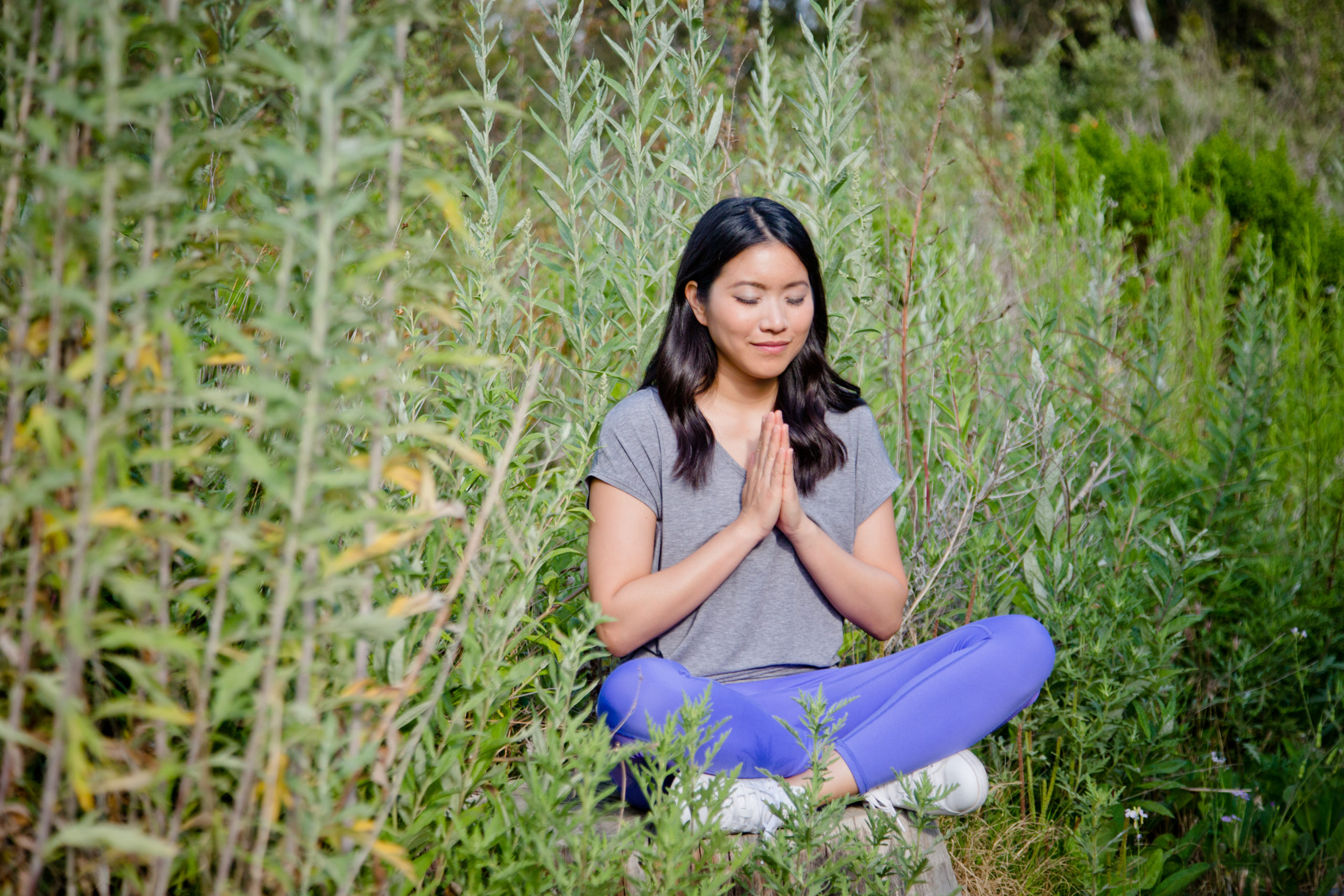What is Mindfulness? (Part I)
Mindfulness is the process of paying attention to the present moment on purpose, without judgment.
Let’s break this down into three parts:
1. Paying attention: actively directing your focus
2. Present moment: remembering that life is happening right now, not in the past or the future
3. Without judgment: observing and experiencing the reality without determining if it’s “good” or “bad”
Mindfulness is not just about paying attention. It’s about how we pay attention.
I like to start with one of the most fundamental concepts: non-judgment.
This was one of the hardest things for me to learn and practice.
We’re human. We judge. That’s what we do!
We like to say this is right, that is wrong. This is good, that is bad.
We have been conditioned to look for certainty (see my blog post on fear and brain physiology here) and use black-and-white thinking.
As I started to study the practice of mindfulness, I realized how often I was viewing the world through a lens of judgment. Toward everything, everyone else, and especially myself.
I judged others when their beliefs and values weren’t congruent with my own, and focused on division instead of inclusion.
I judged myself when I made a mistake, when I didn’t get the result I was hoping for.
I thought I had to be hard on myself because if not, who’s going to keep me accountable? How can I make sure to achieve and succeed?
But in reality, judgments are a filter and veil that keep us from seeing things as they really are.
Non-judgment is about being willing to see things as they actually are in the present moment. A way to be open and okay with what is.
Non-judgment allows us to be authentic in how we view and respond, because we are responding to the actual thing, not our perception of the thing.
As an exercise, I like to repeat and remind myself:
I am not my thoughts. I am simply the observer.
This allows me to take a more removed stance and be an objective third party—toward the world and my own thoughts—as best as I can.
HINT: Nothing is good or bad. It just is.
The moment we label something as good or bad, right or wrong, that is when judgment creeps in. It’s sneaky like that!
So, a big part of practicing mindfulness is learning to adopt a sense of non- judgment and become an impartial witness.
How do you stay present in your life? Comment and share below!
Want to learn more about how to practice mindfulness? Check out my bestselling book, So Much Better: Life-Changing Strategies to Develop Calm, Confidence & Curiosity to Become an Inspiring Success Story here.


0 Comments
Trackbacks/Pingbacks